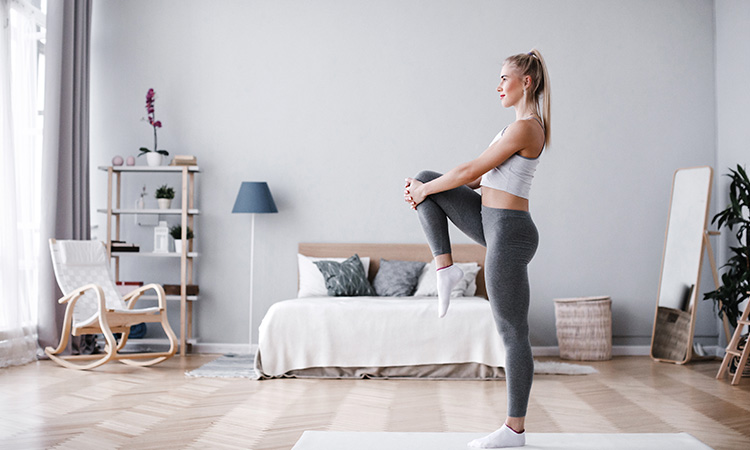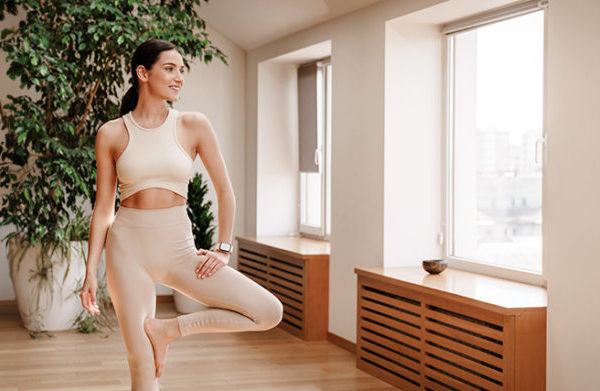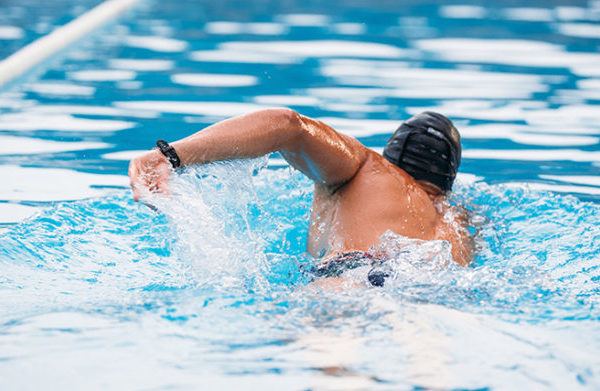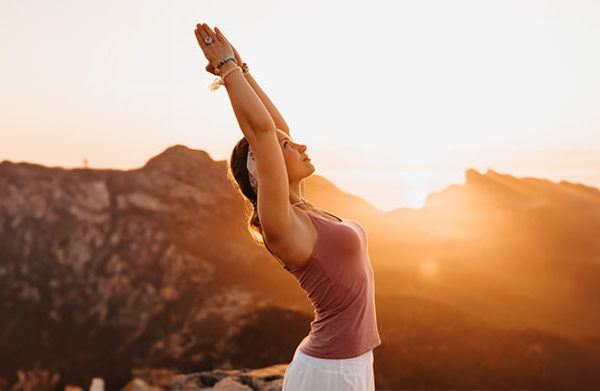
SHA Magazine Fitness
How can fitness help you boost your immune system?
Performing a variety of exercise will not only improve your quality of life by providing greater vitality for such everyday acts as playing with our children or helping with household chores, but it also strengthens your immune system.
The first studies to address the relationship between fitness and the immune system date from the early 20th century and were based on exercise-induced changes in the basic activities of immune cells. In the early part of the 21st century, researchers added additional areas of focus, such as the interactive effect of nutrition, effects on immune system ageing, and inflammatory cytokines. Technological advances now allow for more advanced approaches to the study of exercise immunology.
Researchers recently wrote in the prestigious Journal of Sport and Health Science, “if immunosenescence is defined as the immune dysregulation that occurs with aging, the most current data support that regular exercise can improve immune system regulation and delay the onset of immunosenescence.”
Below, we review five keys that will help you understand what fitness can do for you and for strengthening your immune system:
Why is it important to strengthen our immune system through exercise?
Moderate exercise helps our immune system by reducing the risk of getting the flu or other respiratory diseases. Hard breathing during exercise can help eliminate viruses and bacteria from the airways.
“By exercising regularly, antibodies and white blood cells (leukocytes, which are ‘disease-fighting soldiers’) circulate more rapidly, detecting and neutralising external attacks,” says Luis Ganso Herranz, fitness supervisor at SHA Wellness Clinic.
Exercise raises our body temperature rises like when we have a fever, our body’s built-in response to infections.
Moderate exercise also influences stress. It decreases the secretion of cortisol and other hormones that suppress the immune system.
What are the additional benefits of fitness?
Exercise should include training for strength, endurance, mobility and flexibility. We will soon see our quality of life improve significantly. From being able to carry out daily activities with less effort, to participating in outdoor activities with friends instead of watching.
“Physical fitness is a disease prevention. You will be less likely to get sick in the first place and if you do you will not need aggressive medication. I point out this aspect because it is a reality that they are abused,”, Ganso Herranz says.
For example, it is undeniable that today’s lifestyle forces us to sit for a long time, causing bad posture that leads to back pain. Exercise in general and postural exercise in particular (Pilates, yoga, etc.) can help correct or prevent bad posture.
“If we accompany all this with quality rest, healthy eating and moderate stress levels, it is undoubtedly the best anti-ageing treatment,” Ganso Herranz says.
Is there an exercise pattern associated with age?
This is a controversial question, although the general consensus is that there is no specific exercise pattern for each stage of life. Everything will depend on your development, genetics and abilities. A personalised and monitored exercise programme can help.
As Ganso Herranz observes, in general a young person can do high intensity exercises of short duration where power and strength predominate, as long as they don’t neglect cardiovascular, flexibility and mobility exercises. Meanwhile, an older adult could develop longer resistance training with medium intensities.
“Emphasis should be placed on strength and power exercises to slow down muscle mass loss due to age (sarcopenia) including elasticity and mobility“, details the SHA Wellness Clinic expert.
During old age we must be more strict and moderate, and prioritise strength exercises because sarcopenia is at its peak, along with routines that work flexibility and mobility.
“And with regard to cardiovascular exercise, this should be moderate because older people lose the capacity to assimilate high loads,” Ganso Herranz says.
Can you exercise without leaving home?
Ganso Herranz is blunt: “Not only can you, but you must. And every day. Even if you exercise regularly and at a good intensity, the goal at this time is to boost the immune system. You must not overwhelm your own immune system by overdoing the exercise. Many viruses become strong in weak immune systems and even if you are normally in good shape and healthy, if you overdo it and lower the immune response, you will run a higher risk of contracting a virus,” Ganso Herranz says.
The easiest thing in the world is to walk up and down a hallway. That’s already exercise. And very healthy. A recent paper published in theJournal of the American Medical Association determined that the number of steps a person takes each day, regardless of their intensity, correlates with longer life.
The researchers found that people who take 8,000 steps each day are 51% less likely to die from any cause than people who take only 4,000 steps. And those who complete 12,000 steps are 65% less likely to die. Most people take only about 3,000 steps a day.
Why should exercise always be moderate and supervised as much as possible?
It is vital to know how to adapt our body and organism to the practice of physical exercise, that it is our own physique that tells us how far we can go with the help of a supervisor.
“Exercise should be moderate. It should never take the body to the extreme, as we would be severely damaging our defence”, Ganso Herranz says.
For example, a study by the University of Granada has found an increase in the incidence of musculoskeletal disorders, such as neck pain, low back pain or arthritis, as a result of excessive sports practice or failure to use proper technique.
“It is very important to have a good trainer. In the same way that when we need to consult an expert in law we go to a lawyer, we must go to an expert in physical activity when we want to improve our physical condition. This way we will achieve our goals without getting injured and without weakening the immune system, thanks to the right loads and progression“, points out Luis Ganso Herranz.





